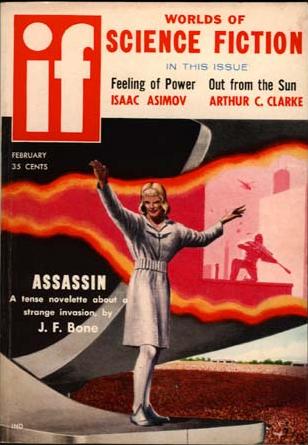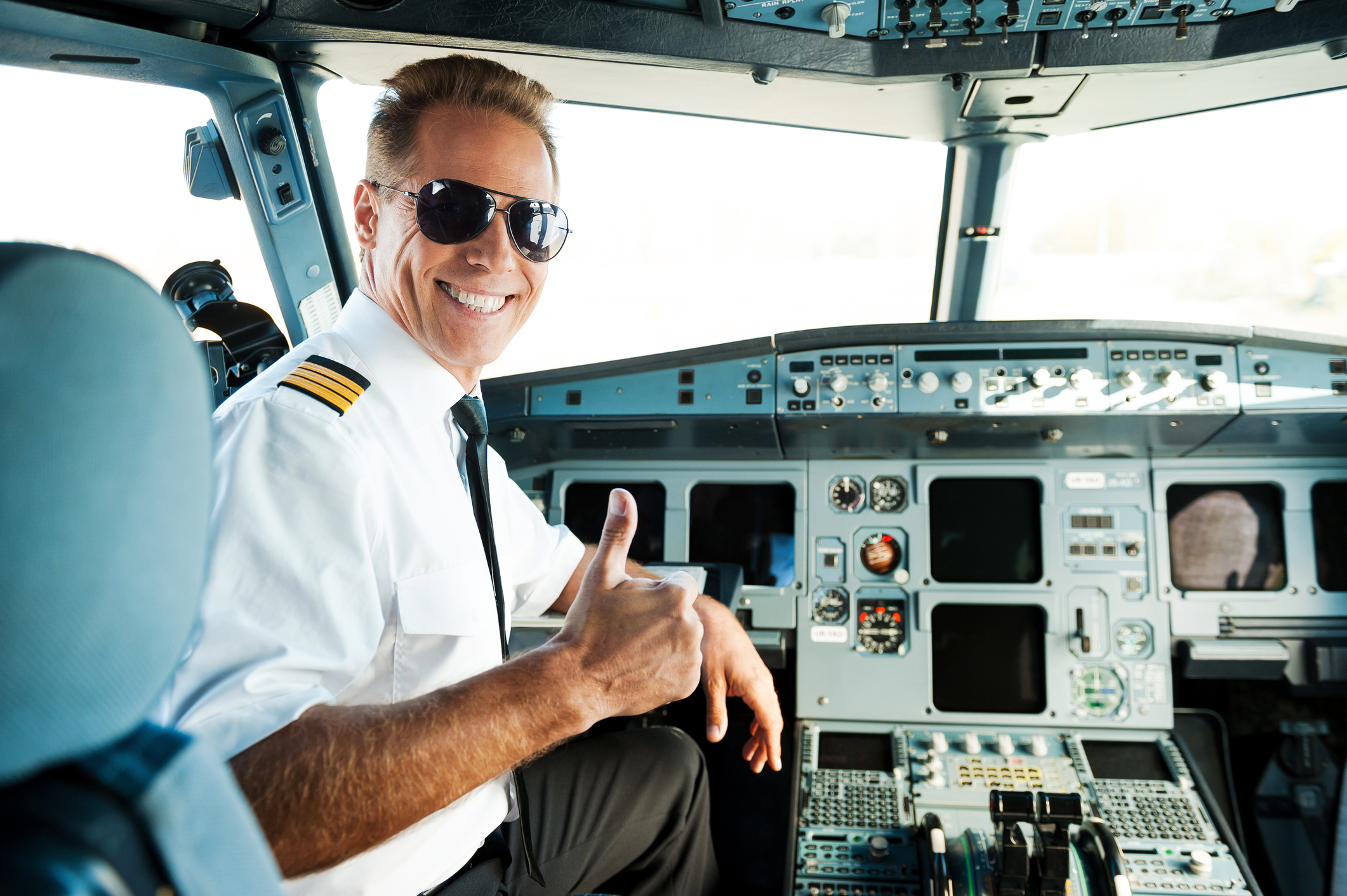....increasing the ability to kill people without putting yourself in harms way.
That’s been going on since the introduction of leather armor, bows & arrows, and long swords. Today it’s low observables, night vision equipment, and long range cruise missiles. Same theme.





